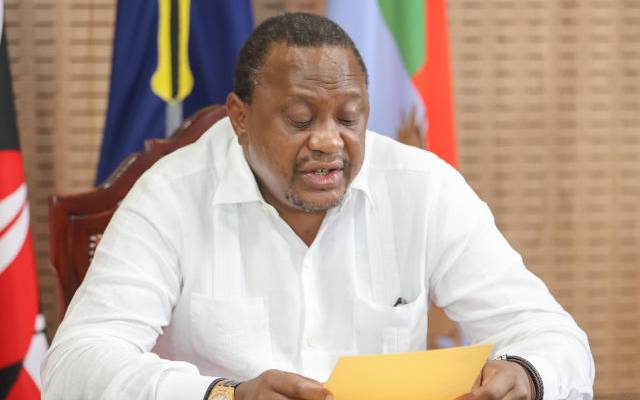×
The Standard e-Paper
Kenya’s Boldest Voice

Contrary to the widespread fears and rumours, President Uhuru Kenyatta (pictured above) has spared Kenyans from a total lockdown but has extended the curfew to January 3, 2021.